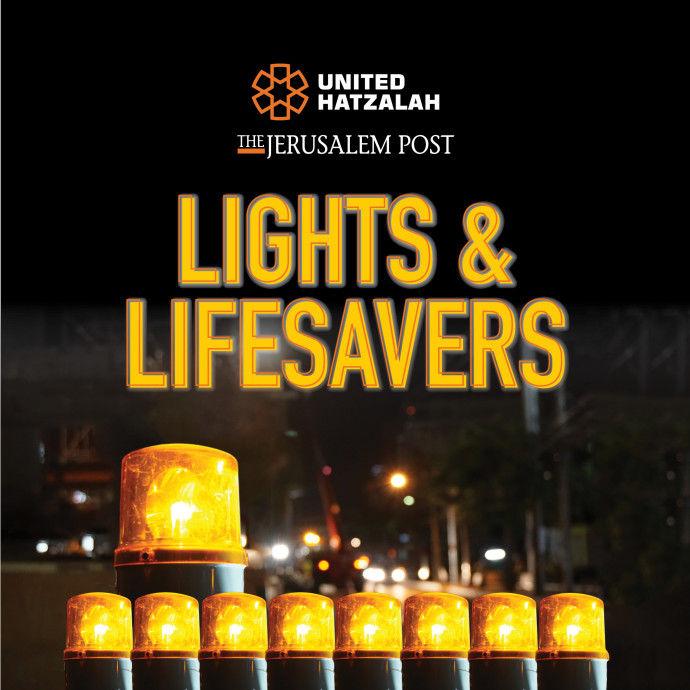At 6:30 a.m. on October 7, 33-year-old Liad Ohana was enjoying a blissful moment of family life. His wife had just finished nursing their two-week-old baby. They were both in bed in their home in Ofakim, a 35,000-people-strong city some 20 kilometers west of Beersheba in the direction of Gaza.
“When we heard the sirens, we rushed to the safe room,” he recalled. “Just a little later, we started to hear gunshots.”
As a chief paramedic at United Hatzalah, Ohana did not hesitate.
“I wore my ceramic armor and helmet and went out,” he said. “This is how it all started.”

Ohana has been working for Hatzalah since 2018.
“I was a paramedic in the army as a career soldier, and when I was discharged, I started with Hatzalah,” he said.
On the day known as “the black Saturday,” Ofakim was one of the communities targeted by Hamas terrorists.
For Ohana, it was the beginning of a day like no other in his entire life when he found himself providing medical care under fire, evacuating the wounded in his car, and repeatedly spotting dead bodies on the streets while he was pursuing his mission to save lives.
“We were a group of two paramedics and six or seven medics,” he recalled. “We were by ourselves; no ambulance was coming. Initially, we were treating people on the road, but at some point, we started receiving phone calls and locations via WhatsApp about wounded people around the neighborhood. We went.”
Ohana recalled how he got a call from the rabbi of the neighborhood.
“As two medics and I were on our way to reach him, we met two police officers who told us that there was a severely wounded person who needed assistance,” he said. “He needed an ambulance, but no ambulance was coming, so we put him in a private car to bring him to the hospital. At some point, we also passed by some terrorists fighting, but luckily, they did not shoot at us.”
Suddenly, a woman screaming from her balcony caught Ohana’s attention. She told the United Hatzalah team that her uncle was wounded not far from there, and nobody was helping.
As they found him, Ohana realized that his gunshot wounds were severe and he needed to be evacuated to the hospital. He rushed home, removed his three children’s car seats from the car, went back to pick him and another wounded person up and drove them to the Soroka Medical Center in Beersheba. Then he rushed back.
Around 2 p.m., the army contacted Ohana and asked him to report for reserve duty. “Other Hatzalah volunteers worked until late at night.”
“When someone needs help, whether during war or in peace, the help must come as fast as possible,” Ohana concluded. “Hatzalah’s formula of having first responders ready everywhere guarantees that help comes within seconds. Time after time, this approach saves lives.”
The Jerusalem Post is proud to partner with United Hatzalah on the Lights and Lifesavers project to honor the October 7 massacre heroes of Hanukkah. To support the country’s first responders, visit www.jpost.com/lifesavers2023.

